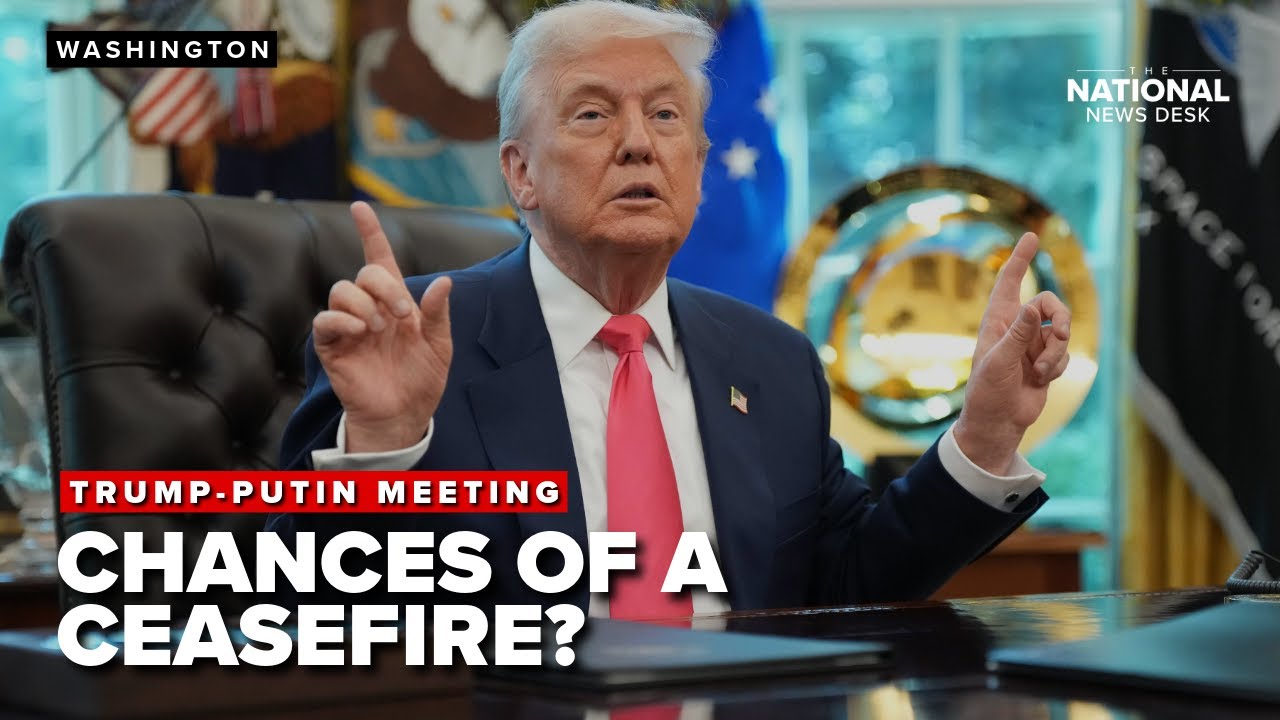Business
Putin praises Trump for 'vigorous efforts' to end Ukraine war ahead of Alaska summit

Business
OGRA Announces LPG Price Increase for December – SUCH TV

The Oil and Gas Regulatory Authority (OGRA) has approved a fresh increase in the price of liquefied petroleum gas (LPG), raising the cost for both domestic consumers and commercial users.
According to the notification issued, the LPG price has been increased by Rs7.39 per kilogram, setting the new rate at Rs209 per kg for December. As a result, the price of a domestic LPG cylinder has risen by Rs87.21, bringing the new price to Rs2,466.10.
In November, the price of LPG stood at Rs201 per kg, while the domestic cylinder was priced at Rs2,378.89.
The latest price hike is expected to put additional pressure on households already grappling with rising living costs nationwide.
Business
Private sector data: Over 2 lakh private companies closed in 5 years; govt flags monitoring for suspicious cases – The Times of India

NEW DELHI: The government on Monday said that over the past five years, more than two lakh private companies have been closed in India.According to data provided by Minister of State for Corporate Affairs Harsh Malhotra in a written reply to the Lok Sabha, a total of 2,04,268 private companies were shut down between 2020-21 and 2024-25 due to amalgamation, conversion, dissolution or being struck off from official records under the Companies Act, 2013.Regarding the rehabilitation of employees from these closed companies, the minister said there is currently no proposal before the government, as reported by PTI. In the same period, 1,85,350 companies were officially removed from government records, including 8,648 entities struck off till July 16 this fiscal year. Companies can be removed from records if they are inactive for long periods or voluntarily after fulfilling regulatory requirements.On queries about shell companies and their potential use in money laundering, Malhotra highlighted that the term “shell company” is not defined under the Companies Act, 2013. However, he added that whenever suspicious instances are reported, they are shared with other government agencies such as the Enforcement Directorate and the Income Tax Department for monitoring.A major push to remove inactive companies took place in 2022-23, when 82,125 companies were struck off during a strike-off drive by the corporate affairs ministry.The minister also highlighted the government’s broader policy to simplify and rationalize the tax system. “It is the stated policy of the government to gradually phase out exemptions and deductions while rationalising tax rates to create a simple, transparent, and equitable tax regime,” he said. He added that several reforms have been undertaken to promote investment and ease of doing business, including substantial reductions in corporate tax rates for existing and new domestic companies.
Business
Pakistan’s Textile Exports Reach Historic High in FY2025-26 – SUCH TV

Pakistan’s textile exports surged to $6.4 billion during the first four months of the 2025-26 fiscal year, marking the highest trade volume for the sector in this period.
According to the Pakistan Bureau of Statistics (PBS), value-added textile sectors were key contributors to the growth.
Knitwear exports reached $1.9 billion, while ready-made garments contributed $1.4 billion.
Significant increases were observed across several commodities: cotton yarn exports rose 7.74% to $238.9 million, and raw cotton exports jumped 100%, reaching $2.6 million from zero exports the previous year.
Other notable gains included tents, canvas, and tarpaulins, up 32.34% to $53.48 million, while ready-made garments increased 5.11% to $1.43 billion.
Exports of made-up textile articles, excluding towels and bedwear, rose 4.17%, totaling $274.75 million.
The report also mentioned that the growth in textile exports is a result of improved global demand and stability in the value of the Pakistani rupee.
-

 Sports1 week ago
Sports1 week agoWATCH: Ronaldo scores spectacular bicycle kick
-

 Entertainment1 week ago
Entertainment1 week agoWelcome to Derry’ episode 5 delivers shocking twist
-

 Politics1 week ago
Politics1 week agoWashington and Kyiv Stress Any Peace Deal Must Fully Respect Ukraine’s Sovereignty
-

 Business1 week ago
Business1 week agoKey economic data and trends that will shape Rachel Reeves’ Budget
-

 Politics1 week ago
Politics1 week ago53,000 Sikhs vote in Ottawa Khalistan Referendum amid Carney-Modi trade talks scrutiny
-

 Tech6 days ago
Tech6 days agoWake Up—the Best Black Friday Mattress Sales Are Here
-

 Fashion1 week ago
Fashion1 week agoCanada’s Lululemon unveils team Canada kit for Milano Cortina 2026
-

 Tech1 day ago
Tech1 day agoGet Your Steps In From Your Home Office With This Walking Pad—On Sale This Week

















